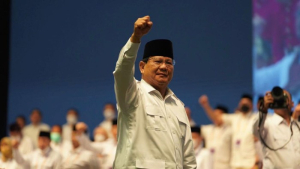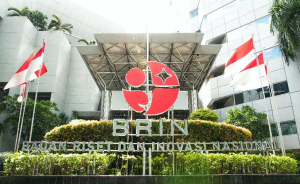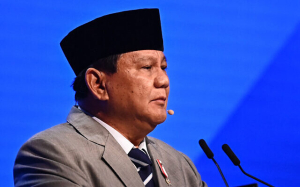Govt told to develop technology for energy self-sufficiency achievement
The administration of President Prabowo Subianto needs to secure new and renewable energy (EBT) technology in order to achieve energy self sufficiency and sovereignty, an expert says.
Economist from Yogyakarta-based Gadjah Mada University, Fahmy Radhi, said there are two measures that the government can do to secure technology for the development of EBT.
“First, the government can attract foreign investors as technology owner to cooperate with local energy companies and state-owned enterprises. Second is to develop research and development at home, involving the National Research and Innovation Agency (BRIN) and Indonesian universities, to produce technologies needed,” Fahmy said in a statement on Tuesday, October 22, 2024.
He cited that the efforts need long-term commitment because R &D needs a long span of time and huge investment to do. He reminded that Prabowo ’s commitment to achieve energy self-sufficiency needs to be followed up by related ministers in Red-and-White Cabinet consistently and sustainably.
Technological issue
In his inauguration speech on Sunday, October 20, 2024, Prabowo has set the energy self-sufficiency target in 4-5 years. Even before his inauguration, Prabowo has expressed his commitment to achieve energy sovereignty through the EBT development on the country’s abundant energy resources, such as palm oil, cassava, sugar canes and corns. Indonesia also has abundant reserves of geothermal, coals, hydro power, wind power and solar power.
The problem is Indonesia does not have technology to develop renewable energy. State energy company PT Pertamina has been developing bio-diesel that is a mixture of diesel fuel and palm oil. Pertamina began with B20, continued with B-35 and then B-40. Unfortunately, the program has to be terminted because its partner Italian energy company ENI Spa had withdrawn its collaboration with Pertamina.
“The development of bio-diesel cannot be continued, palm oil-based renewable energy has a potential to be in conflict with the food program, I.e. cooking oil production,” Fahmy said.
He cited another example, the failure of the coal gasification program after US company’s Air Product had withdrawn upon considering that the gasification program has no economic feasibility due to the fluctuating coal market prices.
Tag
Already have an account? Sign In
-
Start reading
Freemium
-
Monthly Subscription
20% OFF$29.75
$37.19/MonthCancel anytime
This offer is open to all new subscribers!
Subscribe now -
Yearly Subscription
33% OFF$228.13
$340.5/YearCancel anytime
This offer is open to all new subscribers!
Subscribe now







